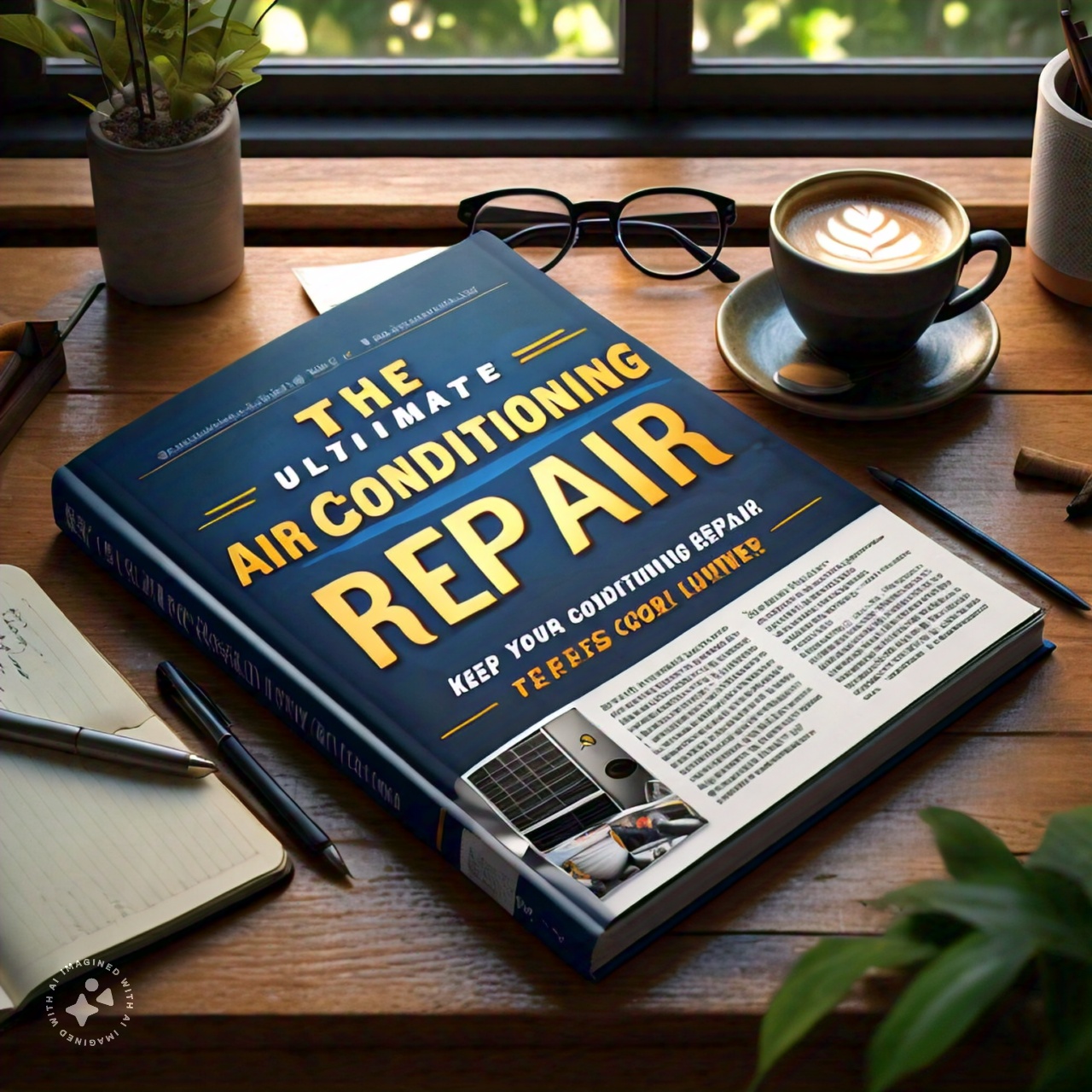As the temperatures soar, there’s nothing more frustrating than discovering your air conditioner isn’t working properly. Whether you’re dealing with strange noises, reduced cooling efficiency, or a complete system failure, understanding the basics of air conditioning repair can save you time, money, and a lot of sweat. This comprehensive guide will walk you through common AC problems, troubleshooting tips, and when to call in the professionals.
Understanding Your Air Conditioning System
Before diving into repairs, it’s essential to understand how your air conditioning system works. The main components include the compressor, which circulates refrigerant through the system, and the condenser coil, which releases heat outside. The evaporator coil absorbs heat from your home, while the refrigerant, a chemical that cools the air, plays a crucial role in the cooling process. The air handler distributes cooled air throughout your home, and the thermostat controls the temperature setting.
Common Air Conditioning Problems and Solutions
One of the most common issues is when the air conditioner doesn’t turn on. This could be due to a tripped circuit breaker, a faulty thermostat, or a blown fuse. To solve this, check your circuit breaker and reset it if necessary. Ensure the thermostat is set to “cool” and is working correctly, and replace any blown fuses.
Insufficient cooling is another frequent problem. This can be caused by a dirty air filter, a blocked condenser unit, low refrigerant, or a malfunctioning compressor. Replace or clean the air filter, make sure the condenser unit is free of debris, check for refrigerant leaks, and recharge if necessary. If the compressor is at fault, it’s best to call a professional.
Strange noises coming from your air conditioner can be alarming. These noises are often due to loose parts, debris in the unit, or a failing motor. Tighten any loose screws or bolts, clean out any debris, and if the noise persists, have a technician inspect the motor and other components.
Water leaks are another issue that homeowners may encounter. These leaks are typically caused by a clogged condensate drain line, a broken condensate pump, or improper installation. Clear the condensate drain line using a wet/dry vacuum, replace the condensate pump if it’s broken, and ensure proper installation and leveling of the unit.
DIY Troubleshooting Tips
There are several steps you can take to troubleshoot and maintain your air conditioner. Regularly checking and replacing air filters is essential, as dirty filters can reduce efficiency and air quality. Filters should be replaced every 1-3 months. Cleaning the coils is also important; dust and debris on the coils can hinder performance, so gently clean them with a soft brush or cloth. Inspect the ductwork for leaks or blockages, sealing any leaks with duct tape and clearing any obstructions. Additionally, ensure your thermostat is set to the correct temperature and mode, and replace the batteries if necessary.
When to Call a Professional
While many minor issues can be addressed with DIY solutions, certain problems require the expertise of a professional HVAC technician. Handling refrigerant leaks, for example, requires specialized training and equipment. Electrical issues, such as faulty wiring or electrical components, can be dangerous to repair without proper knowledge. Major component failures, like issues with the compressor, condenser, or evaporator coils, often necessitate professional repair or replacement. Furthermore, annual maintenance by a professional can prevent major issues and extend the life of your system.
Preventative Maintenance Tips
Regular maintenance can keep your AC running efficiently and help prevent breakdowns. Schedule annual check-ups with a professional to inspect and service your AC system once a year, ideally before the cooling season begins. Keep the outdoor unit clean by regularly removing leaves, dirt, and debris from around the condenser unit. Monitor system performance by paying attention to any changes in cooling efficiency, unusual noises, or increased energy bills, and address issues promptly.
Conclusion
Dealing with air conditioning issues can be a hassle, but with the right knowledge and proactive maintenance, you can keep your system running smoothly all summer long. By understanding common problems, performing regular maintenance, and knowing when to call a professional, you’ll ensure your home remains a cool oasis during the hottest months of the year. Stay cool and comfortable, and enjoy a worry-free summer!







